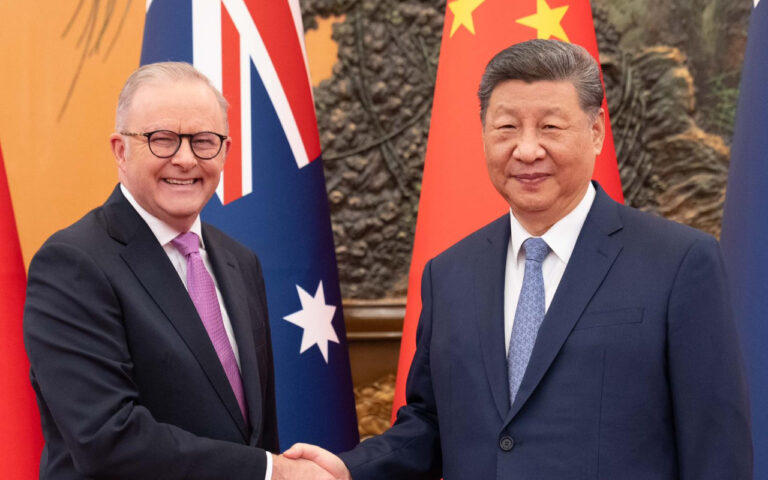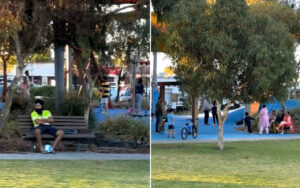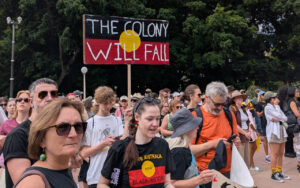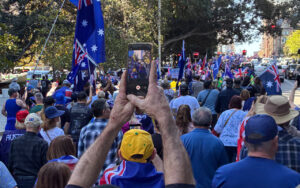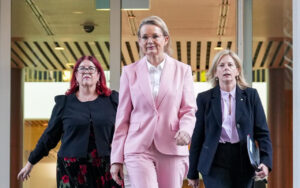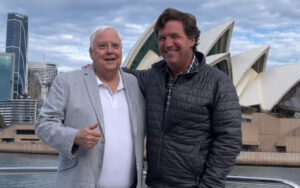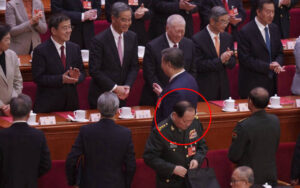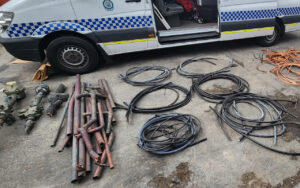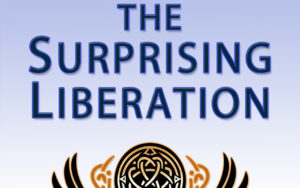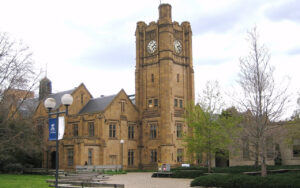Australia is supplying China with a critical mineral vital to Beijing’s hypersonic missile and nuclear programs, sparking warnings from military experts.
China hold just 0.7% of the world’s zirconium, used in hypersonic missiles, jet engines and to wrap nuclear fuel rods, and 41% of its imports come from Australia, including from the government-subsidised Thunderbird mine in Western Australia, which is 50% Chinese-owned and sells all its production to China.
Another Western Australian mining company, Image Resources, also supplies China with 100% of its zirconium, and has Chinese government-linked LB Group as its largest shareholder, and, through a subsidiary, its largest customer, Four Corners reported.
In 2017 Image Resources CEO Patrick Mutz said the mining company’s main customer was “one of the only companies, if not the only company in China, licensed to produce nuclear-grade zirconium sponge”, but said in a statement to the ABC it met government requirements and exports were covered by permits.
The Thunderbird mine was given a $160 million concessional loan in 2022 by the federal government’s Northern Australia Infrastructure Facility, helping it get into production two years after the Foreign Investment Review Board approved Chinese company Yansteel’s purchase of 50% of the mine.
Military strategist and former US government advisor David Kilcullen said Australia needed critical mineral controls in place to ensure it wasn’t assisting with China’s nuclear and missile build-up.
“I think it’s really important for us to have an understanding of where our minerals go … it’s appropriate to be applying those [controls] to things that might be used for nuclear or missile production,” he said.
Mr Kilcullen said Chinese doctrine put “commercial companies and commercial tech development under the control of the military”, adding this was “particularly true of nuclear capability”.
According to data from a Ukrainian think tank, China is also re-exporting zirconium to Russia, with Image Resource’s largest shareholder sending $5 million worth in the year to February 2025.
And most Chinese zirconium is bought by CMP, which is owned by the Russian government’s nuclear corporation, Rosatom, and uses the mineral as nuclear fuel rod cladding and in hypersonic missiles,.
Jennifer Parker, an expert associate at ANU’s National Security College and former naval officer, said Australia needed to assess whether its economic and trade policies supported its security policy.
“We need to ask a lot of hard questions about what we are trading, who we’re trading it with, what does that mean for their capability, and what does that mean for our vulnerabilities,” she said.
The revelations come just weeks after Prime Minister Anthony Albanese signed a critical minerals deal with US President Donald Trump to shift dependence away from China, which currently has a near-monopoly on supplies and controls about 90% of the refining market.
Australia has the world’s largest zirconium reserves at 74%, and a study published in May by the Chinese People’s Liberation Army-run National University of Defence Technology highlighted the mineral as a “critical issue for ensuring national security and advancing military technological progress”.
“As a major importer and consumer of zirconium … China is facing severe challenges to resource security,” it said.
Header image: Anthony Albanese meets Chinese President Xi Jinping in China in July (PMO).
